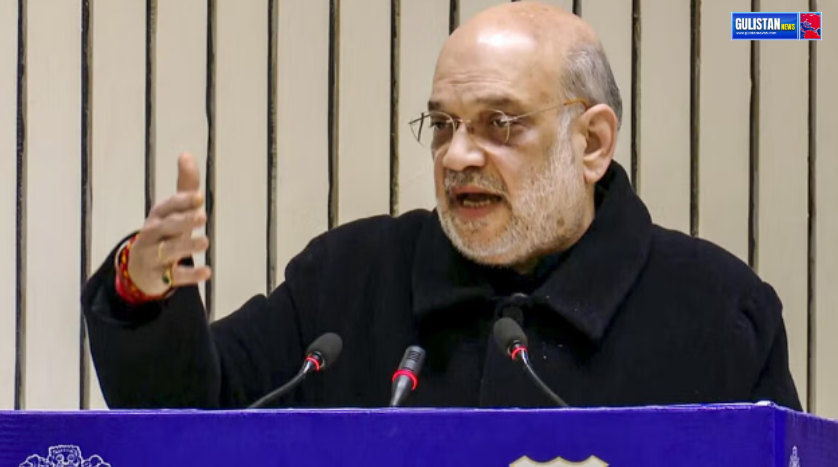According to bankers, approximately three-fourths of Indians are opting to deposit the recently withdrawn 2000-rupee notes into their bank accounts rather than exchanging them for smaller denominations. This trend is expected to boost bank deposits. The Reserve Bank of India (RBI) announced in May that it would be withdrawing these high-value notes from circulation, allowing for their exchange or deposit until September 30.
Exchanges are limited to 20,000 rupees per transaction, but there is no restriction on depositing the notes, which also accrue interest. The RBI stated that the total value of these notes in circulation at the time of the announcement was 3.6 trillion rupees. While the exact amount of notes deposited or exchanged is not available, six public and private sector bankers revealed that over 80% of the notes they received have been deposited into accounts.
The State Bank of India, the country’s largest lender, reported receiving approximately 170 billion rupees in value during the first week of the exercise, with 140 billion rupees (82%) being deposited and the remainder exchanged. Similar percentages were reported by officials at Bank of Baroda, Union Bank of India, Bank of India, and two large private sector banks. These figures suggest that the inflow of deposits will likely increase the current growth rate of bank deposits, which stands at 10.9%, and reduce the currency in circulation (CIC).
RBI data showed that CIC dropped to 365 billion rupees by the week ending May 26. Gaura Sen Gupta, an India economist at IDFC FIRST Bank, suggested that part of the decline in CIC could be attributed to the exchange of 2000-rupee notes. Dipanwita Mazumdar, an economist at Bank of Baroda, estimated that if 75% of the total notes were deposited by September, bank deposits could increase by 2.7 trillion rupees. It was also anticipated that the overall bank deposit base would increase by at least 1.5 trillion rupees, with the State Bank of India contributing 22%-25% to this growth, according to an SBI official.









